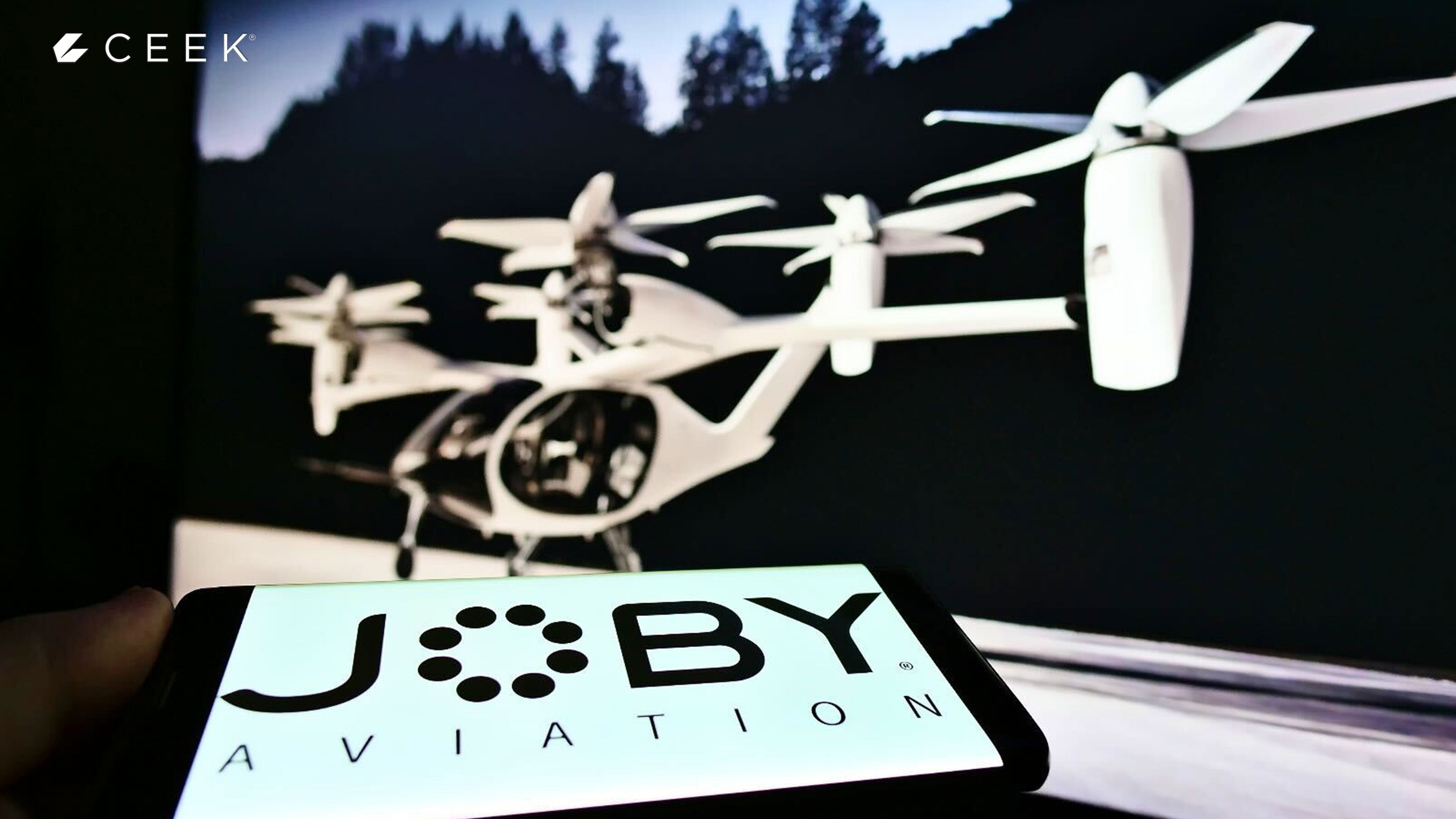



Joby’s Bold Move: Acquires Blade to Dominate Urban Skies
The future of urban air mobility is taking off, and Joby Aviation has just made a bold move to ensure it leads the way. In an exciting new development, Joby Aviation has announced its acquisition of Blade Air Mobility’s passenger business for up to $125 million. This includes Blade’s U.S. and European operations, its well-established brand, and a crucial piece of infrastructure: 12 urban terminals in key cities like New York, Southern Europe, and Dubai. This strategic acquisition marks a significant step toward Joby’s goal of dominating the future skies with its innovative electric vertical takeoff and landing (eVTOL) aircraft.
In this blog post, we’ll explore the details of this acquisition, its potential impact on the urban air mobility market, and what it means for Joby Aviation’s ambitious plans to revolutionize transportation.
Why Did Joby Choose Blade?
Joby’s acquisition of Blade makes perfect sense. For starters, Blade is already an established name in the urban air mobility space, operating helicopter services in major cities across the U.S. and Europe. This gives Joby immediate access to Blade’s loyal customer base and infrastructure, including its urban terminals at strategic locations like JFK and Newark airports.
By integrating Blade’s passenger business, Joby gains:
Proven Operations: Blade served over 50,000 passengers in 2024 alone, providing Joby with a well-tested foundation for launching its eVTOL services.
Established Routes: Blade’s helicopter routes between key urban hubs are already operating, providing Joby with an immediate platform to begin its transition to electric air taxis.
Brand Recognition: Blade’s strong brand, known for its premium air mobility services, will help Joby further strengthen its presence in the market.
Joby plans to replace Blade’s existing helicopter fleet with its sustainable eVTOL aircraft, which will offer a greener alternative to traditional helicopter services. This acquisition accelerates Joby’s timeline for launching commercial air taxi services and allows the company to enter the market with an established infrastructure.
What’s Excluded from the Deal?
While Joby is acquiring Blade’s passenger business, the deal does not include Blade’s medical transport division. Blade’s critical medical services will continue to operate separately under the new name Strata Critical Medical. This division will remain independent, though it may still partner with Joby for future medical transport services.
This separation allows both companies to focus on their core operations, while also creating a streamlined path for Joby to scale its passenger eVTOL services without complicating its relationship with Blade’s medical operations.
The Impact on Joby’s Future
This acquisition is a game-changer for Joby, positioning it as a leader in the rapidly growing urban air mobility sector. Here’s how the deal will help Joby accelerate its goals:
1. Faster Route to Market
Joby now has access to Blade’s operational network, which includes existing airports and urban terminals. This significantly shortens the timeline to launch Joby’s eVTOL services, allowing the company to hit the ground running with a ready-made infrastructure and customer base.
2. Increased Market Presence
With Blade’s established routes in New York, Southern Europe, and Dubai, Joby can enter international markets much faster. Joby Aviation has already expressed its intent to launch eVTOL services in Dubai by 2026, and Blade’s infrastructure will play a pivotal role in expanding Joby’s global reach.
3. Accelerated FAA Certification
Joby is on track to begin FAA Type Inspection flight testing for its eVTOL aircraft in early 2026. The acquisition of Blade’s operational experience gives Joby critical insights into aviation regulations and airport operations, which will smooth the process of obtaining certification for commercial flights.
A Stronger Brand and Investor Confidence
The announcement of the Blade acquisition has been well-received by investors, with Joby’s stock jumping 14% following the news. The $125 million deal, paid in a mix of cash and stock, is seen as a smart move to quickly scale Joby’s air mobility services. As Joby continues to make bold strategic decisions, it’s clear that the company is poised to become a dominant player in the urban air mobility market.
Strategic Integration
By integrating Blade’s assets, including its customer base, routes, and brand, Joby is positioning itself as an early leader in the market. The company’s use of AI-powered tools, coupled with cutting-edge eVTOL technology, gives it a competitive edge in sustainability and efficiency. Joby’s approach will likely inspire others to follow suit, shaping the future of urban air transportation.
What’s Next for Joby?
With the acquisition of Blade’s passenger division, Joby is now well-equipped to revolutionize the skies. As the company prepares to launch its eVTOL services in cities across the globe, the next few years will be critical in determining how sustainable urban air mobility evolves.
FAA Certification: Joby’s top priority is to complete its FAA certification, which will allow it to start commercial passenger services.
Expansion into New Markets: With Blade’s infrastructure in place, Joby can move quickly to offer services in new cities and international markets like Dubai.
Sustainability: Joby’s commitment to reducing carbon emissions with its electric aircraft will be a key factor in its long-term success, as demand for eco-friendly transportation increases.
Conclusion
Joby’s acquisition of Blade Air Mobility’s passenger business is a bold and strategic move that places the company at the forefront of the urban air mobility revolution. With access to Blade’s established infrastructure, customer base, and operational experience, Joby is set to dominate the skies with its sustainable eVTOL aircraft.
As the company continues to make bold moves and accelerate its global expansion, it’s clear that Joby is not just aiming to transform urban transportation—it’s setting the stage to lead in the future of sustainable, electric air mobility.


